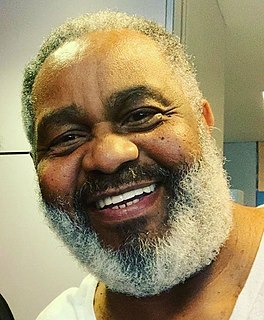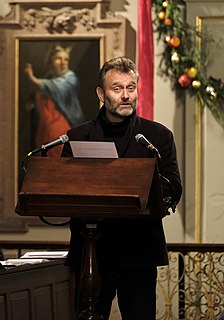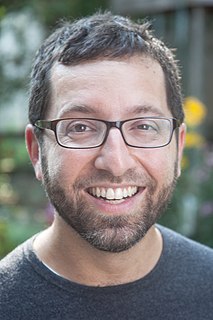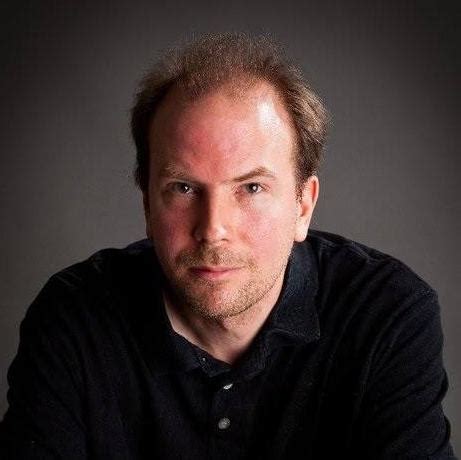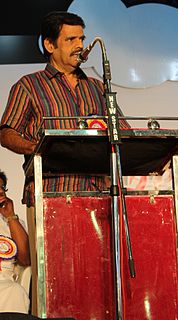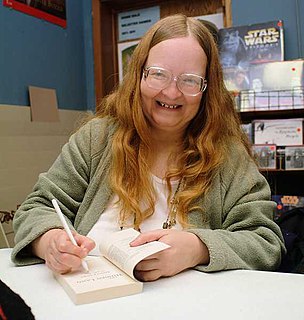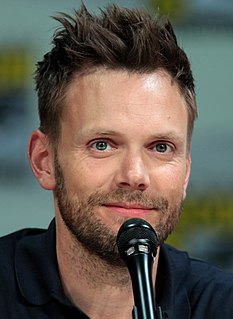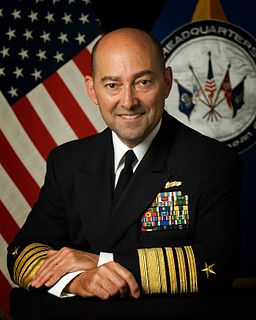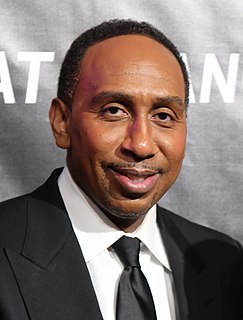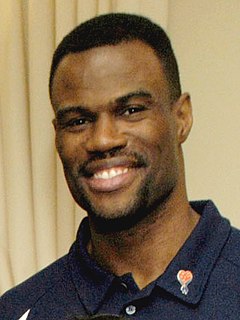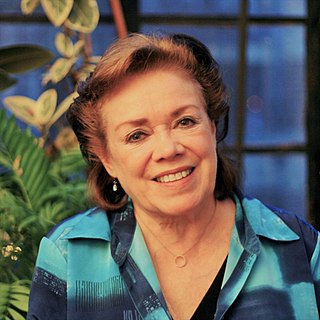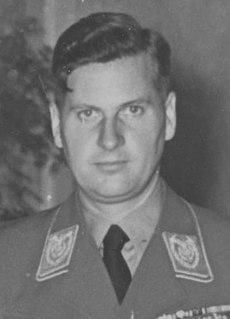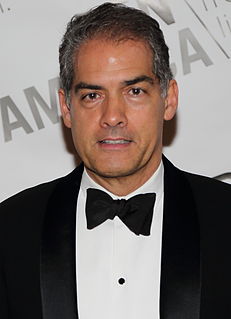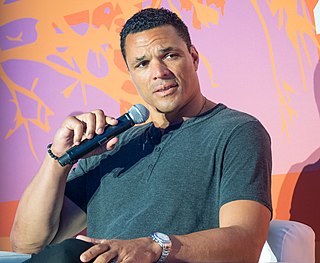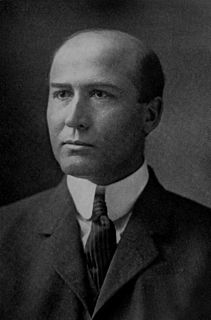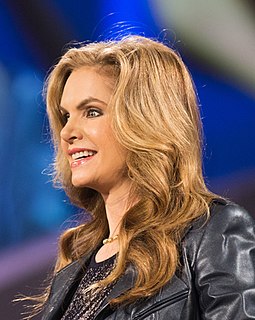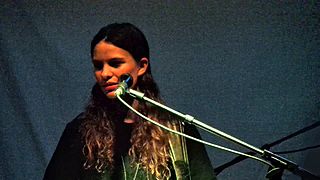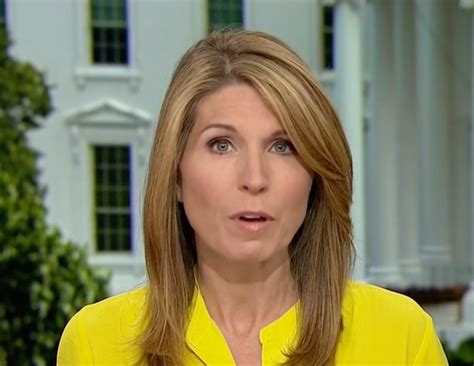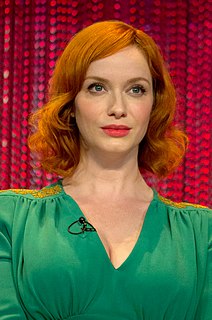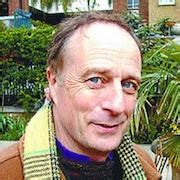Top 1200 Read Quotes & Sayings - Page 17
Explore popular Read quotes.
Last updated on December 25, 2024.
I am a grenade," I said again. "I just want to stay away from people and read books and think and be with you guys because there's nothing I can do about hurting you: You're too invested, so just please let me do that, okay? "I'm going to go to my room and read for awhile, okay? I'm fine. I really am fine: I just want to go read for a while.
Everyone likes a bit of variety. I'm sure none of my readers only want to read about anti-heroes or villainous protagonists any more than they only want to read about square-jawed heroes doing the right thing. I just write characters than entertain me and hope they'll be ones that other people want to read about, too.
I read library books as fast as I could go, rushing them home in the basket of my bicycle. From the minute I reached our house, I started to read. Every book I seized on, from “Bunny Brown and His Sister Sue at Camp Rest-a-While” to “Twenty Thousand Leagues Under the Sea,” stood for the devouring wish to read being instantly granted. I knew this was bliss, knew it at the time. Taste isn’t nearly so important; it comes in its own time.
I still read romance, and I read suspense. I read them both. And part of it is, I like stories with strong characters, and I like stories where there's closure at the end. And I like stories where there's hope. That's a kind of empowerment. I think romance novels are very empowering, and I think suspense novels are, too.
My children give me a great sense of wonder. Just to see them develop into these extraordinary human beings. And a favorite book as a child? Growing up, it was 'The Lion, The Witch and The Wardrobe' - I would read the whole C.S. Lewis series out loud to my kids. I was once reading to Zelda, and she said 'don't do any voices. Just read it as yourself.' So I did, I just read it straight, and she said 'that's better.'
There’s different ways to be impacted by truth. One is to read the scriptures. Another is to read other works by other people who have read the scriptures, non fiction for example. Another is to do studies. Another is to go to a place of worship. Another thing is to sit and listen to someone who’s speaking. There’s all kinds of ways. Another way is to write. About the truth. Discover the struggle through your character.
The best way is to read it all every day from the start, correcting as you go along, then go on from where you stopped the day before. When it gets so long that you can't do this every day read back two or three chapters each day; then each week read it all from the start. That's how you make it all of one piece.
You live in a society that is shaped in every possible way by the Bible. The language you use, the laws you obey (and disobey), the founding principles of your nation, the disputes about abortion, homosexuality, adultery - these and so much else in your world are rooted in the Bible. You don't have to read it for its truth value. You should read it to understand how your world got the way it is, the way you would read the constitution or Shakespeare.
The thought of these vast stacks of books would drive him mad: the more he read, the less he seemed to know — the greater the number of the books he read, the greater the immense uncountable number of those which he could never read would seem to be…. The thought that other books were waiting for him tore at his heart forever.








